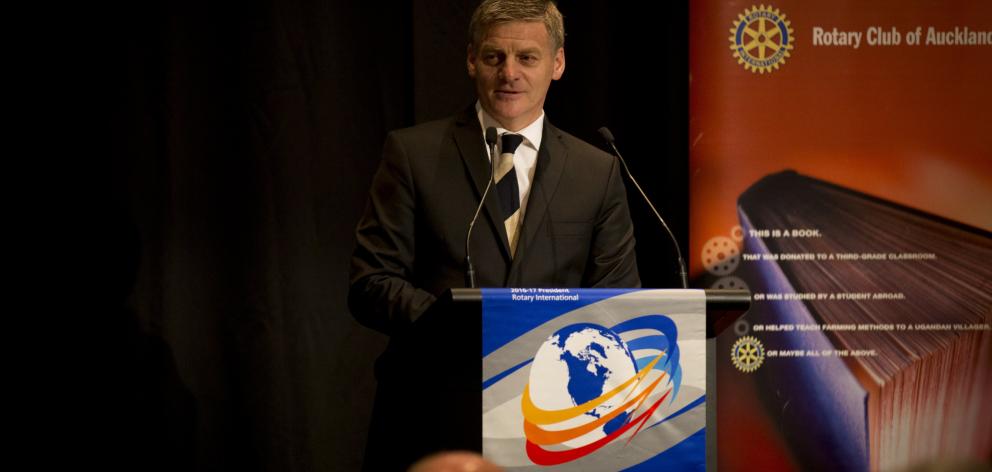
The $503million Safer Communities package included funding for more than 1100 additional police staff of whom 880 would be sworn officers. That would increase the number of sworn officers to nearly 9800 by June 2021, and the number of non-sworn staff to more than 3200 — a 10% increase in the size of the police force over the next four years.
Also included in the package are:
● A national 24/7 phone number for non-emergencies.
● More staff for up to 20 rural and regional police stations so 95% of the population lived within 25km of a 24/7 police presence.
● More specialist investigators for child protection, sexual assault, family violence and other serious crime.
● Additional resources to deal with burglaries, youth offending and other community crimes.
● More officers to target organised crime.
● Around-the-clock capability for the Police Eagle helicopter.
All police districts would receive extra officers, with police deciding how many would go where, based on need, Mr English said.
"We are unashamedly targeting offenders to ensure they are off our streets — by providing additional resources for police to resolve more crime, and target criminal gangs and organised crime."
The Government was also providing additional resources for preventive workby police to resolve more crime and target criminal gangs and organised crime, he said.
The early announcement on safer communities cuts the ground from under Labour, which is likely to have former Police Association president Greg O’Connor as a candidate, and New Zealand First leader Winston Peters, who often claims credit for an earlier rise in the number of police serving in New Zealand.
Labour leader Andrew Little said Mr English was playing desperate catch-up after Labour backed him into a corner.
"We recognised there was a crime problem last October, which is why we promised 1000 sworn police officers.
"For eight years National has failed to invest in our police force and support front-line police officers."
In May last year, Mr English signed off on a four-year freeze on police numbers, Mr Little said. Now, 233 days before the election, the new promise was made.
This was supposed to be Mr English’s first major speech as Prime Minister.
"What we actually got was a skinny version of a Labour policy and no mention of the housing crisis, the single biggest worry facing thousands of New Zealanders who are struggling to afford their first home," Mr Little said.
Mr English said the large investment in safer communities was possible only because of New Zealanders’ hard work to build a strong economy, backed by the Government’s plan to create economic opportunities and get the books back in order.
The "significant" taxpayer investment came with a range of challenging performance targets for police, he said. They included higher attendance at home burglaries, seizing more assets from organised crime, reducing deaths from family violence and reducing reoffending by Maori.
"Meeting these targets won’t be easy. But we’re not here to shy away from the hard issues."
The Government had been working on the Safer Communities package for several months now and Mr English acknowledged the work and strong advocacy of former police minister Judith Collins, as well as that of new Police Minister Paula Bennett.












